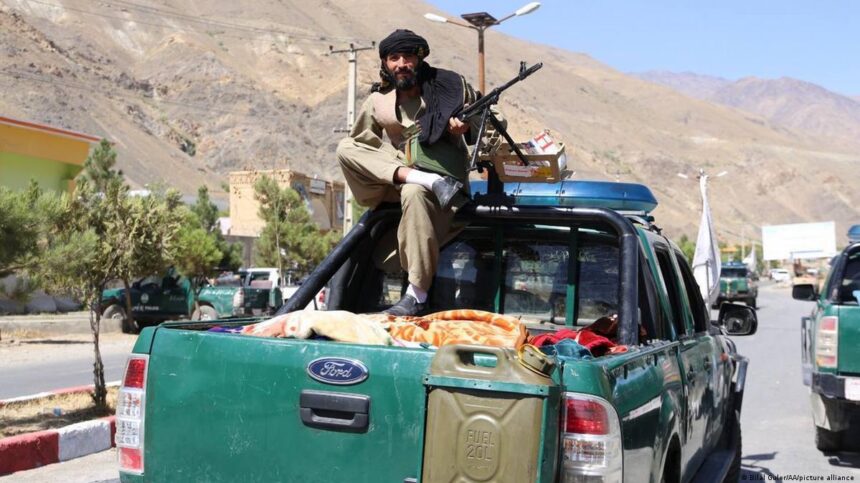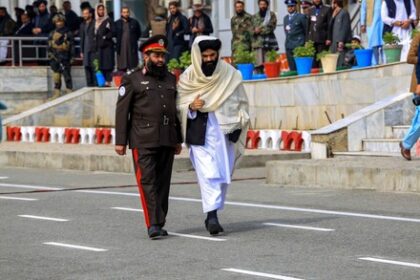RASC News Agency: Several residents in western Afghanistan express their discontent with the 10% tax on mobile phone credits implemented in the region. They point out that the already poor quality of telecommunications networks in Herat province is a concern for residents, which is further exacerbated by the additional burden of the 10% tax on phone credits.
Rasoul Sharifi, a resident of Herat province, told RASC on Wednesday, May 8, that the Taliban use various pretexts to deceive the public and impose higher taxes on them. He notes that the combination of poor telecommunications quality and increased taxes has sparked significant complaints from Herat’s citizens. According to Sharifi, the current situation is causing distress among Herat’s residents.
Similarly, Firooz, a resident of Farah province, told RASC that the Taliban are focused solely on filling their pockets through various means. He stated, “No one seems to be asking Taliban leaders and their telecommunications officials about the justification for the 10% tax.” According to Firooz, the existing telecommunications networks fail to provide adequate services to the public.
Meanwhile, Farooq Habibi, a civil society activist in Badghis province, told RASC that he activates 10 GB of internet data for 800 kabuli rupees, but it doesn’t even last a week for users to make full use of it. Habibi claims that none of the telecommunications networks in Afghanistan offer quality service to the citizens. He adds that even when internet speeds improve, it won’t alleviate people’s issues.
Additionally, Sulaiman Kabiri, an expert in Ghor province, told RASC that residents of this province are entirely dissatisfied with the functioning of telecommunications networks in Ghor. Kabiri explains that people struggle to afford internet packages to solve their issues, but the slow network speeds represent a major betrayal of the public.
He warns that if the Taliban continue deceiving the public, there will come a day when they must face the consequences of their actions. Efforts were made to obtain comments from officials at the telecommunications administration in western Afghanistan, but no response was provided.






